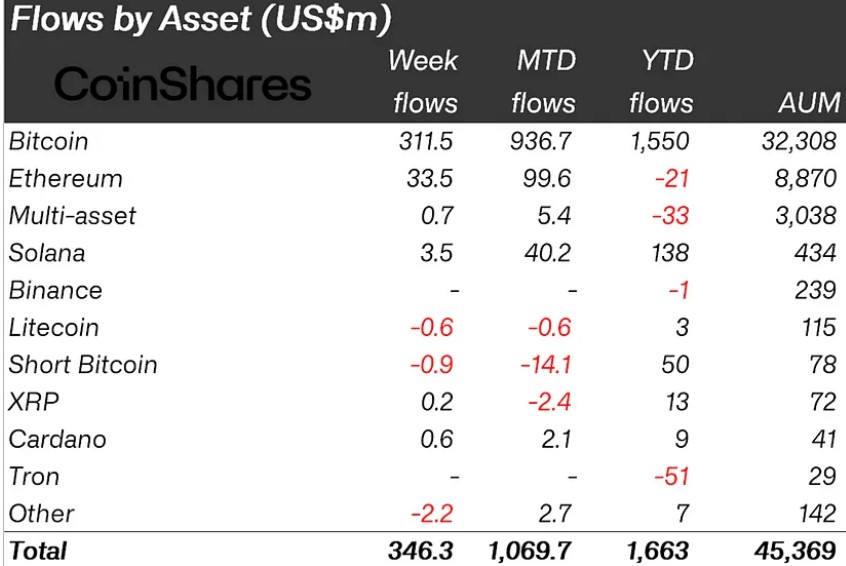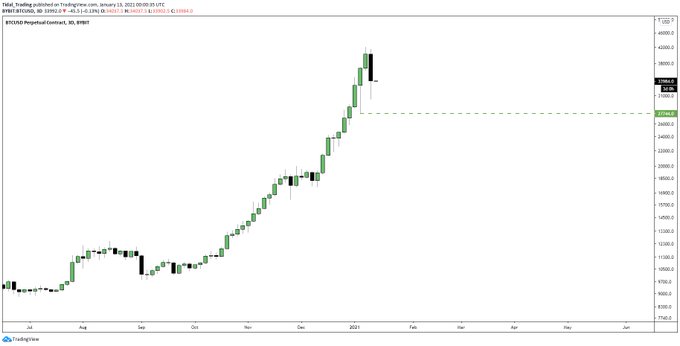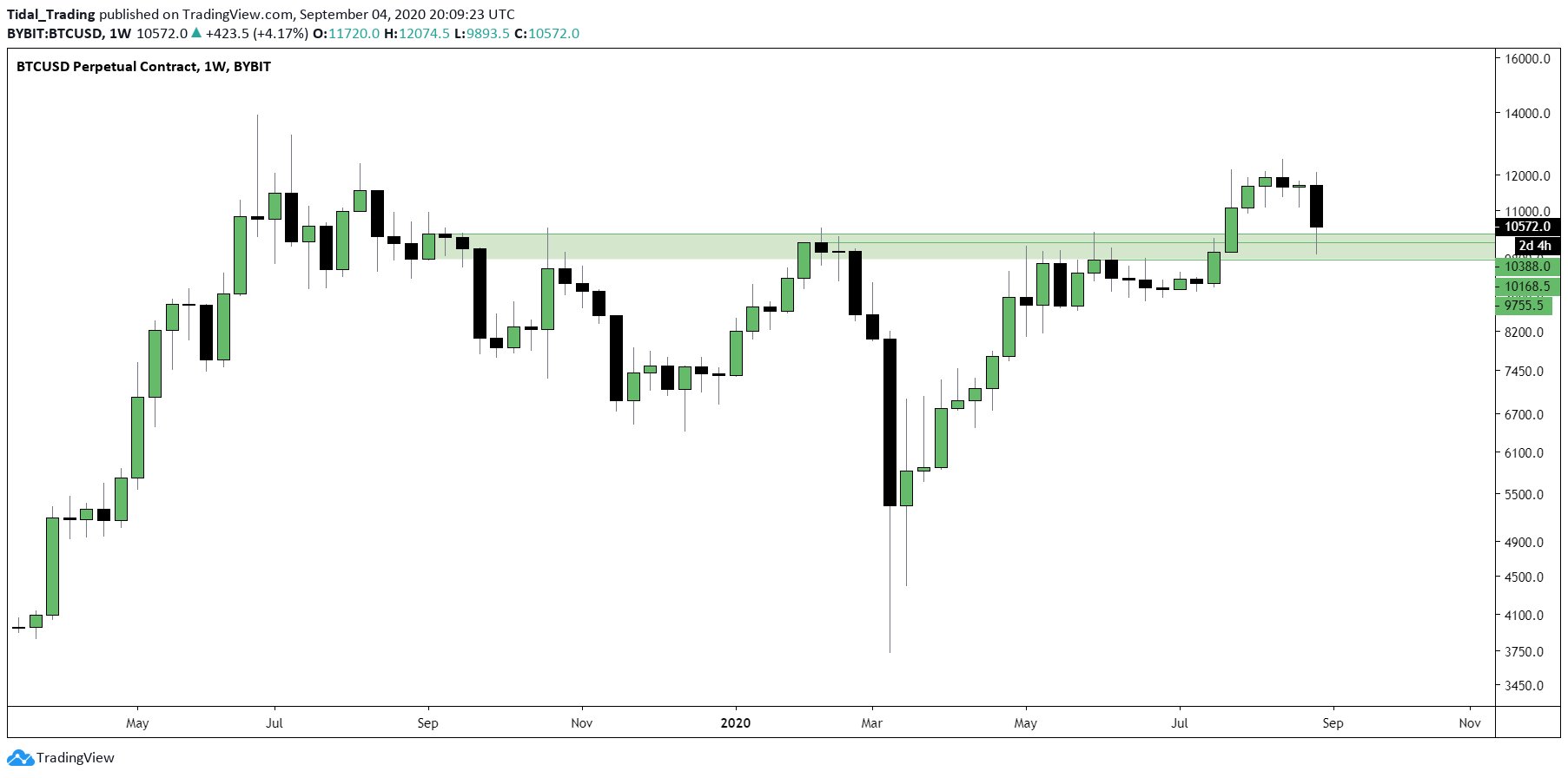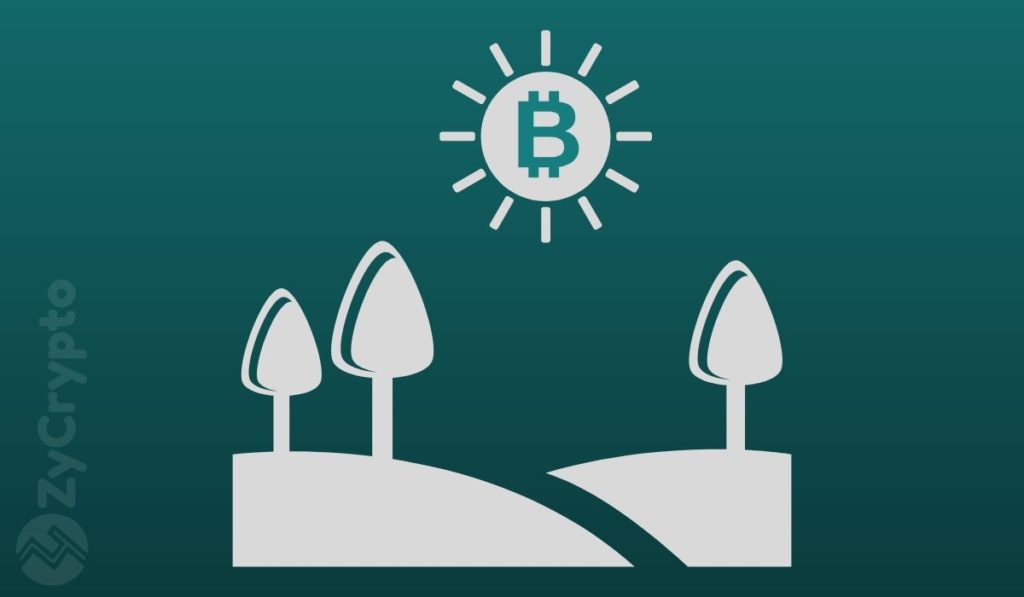
2018-9-27 18:49 |
The 2008 financial meltdown led to the birth of Bitcoin. Since then, the coin has slowly infiltrated the financial mainstream. It has helped develop an alternative international payment system that allows people to make faster, cheaper transactions without the need for a bank. About 2,000 other cryptocurrencies are currently in the market, and the number is consistently increasing. Hence, regulators are now thinking about creating suitable legislation to monitor the sector because of the risks it poses.
How Do Cryptocurrencies Pose Risk?At the peak of user interest, Bitcoin was trading from $19,000 to $20,000 on various global exchanges. Today, its valuation has gone down to barely $6,500. Such violent swings in crypto prices attracted authorities’ attention. Security breaches, fraudulent initial coin offering (ICO) schemes, and cryptojacking activities also started to become a headache for investors, and authorities are finally convinced that they need to intervene.
So far, financial regulators in some countries have adopted a heavy-handed approach to cryptocurrencies, while some countries like Malta, Thailand, Japan, and Singapore have not. China, which once dominated the crypto market, including crypto mining, has cracked down on the industry this year, driving away exchanges, as well as miners. Meanwhile, a UK parliamentary committee called cryptocurrency the “Wild West” and urged for regulation in this sector. Likewise, a report by the New York Attorney General suggested conflicts of interest at various crypto exchanges, questioning their security and investor protection measures.
How Could Regulations Change the Cryptosphere?Cryptocurrencies operate in an unregulated space where the valuation of a coin depends almost entirely on investor sentiment, not fundamental analysis. If we look at things this way, then blockchain, the technology behind cryptocurrencies, should be assessed for its feasibility and sustainability.
With the onset of regulations, both orthodox retail investors and large investors will find it easier to invest in digital currencies, helping in creating a flourishing market without the fraud and scams that currently plague the industry. It would become easier for new and legitimate crypto projects to launch ICOs and rules related to investor protection and better risk management.
The crypto sector is frequently compared with the dot-com bubble. If things continue to go in the same direction, we can expect several cryptocurrencies to go bust. However, the most promising projects with strong fundamentals and a robust blockchain are expected to stay.
How Is the Cryptocurrency World Going to Change With Global Regulations? was originally found on [blokt] - Blockchain, Bitcoin & Cryptocurrency News.
Similar to Notcoin - Blum - Airdrops In 2024
Global Cryptocurrency (GCC) на Currencies.ru
|
|





















